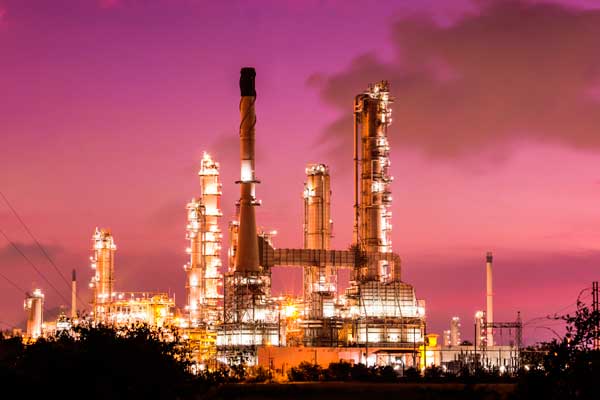
Saudi considers selling shares in oil giant Aramco
DUBAI, January 8, 2016
Saudi Arabia's government is considering whether to sell shares in state oil giant Saudi Aramco as part of a privatisation drive to raise money in an era of cheap oil, deputy crown prince Mohammed bin Salman told The Economist magazine.
Aramco is the world's largest oil firm with crude reserves of about 265 billion barrels, over 15 per cent of all global oil deposits. If it went public, it could become the first listed company valued at $1 trillion or more, analysts have estimated.
"This is something that is being reviewed, and we believe a decision will be made over the next few months," Mohammed bin Salman said in an interview published on Thursday.
"Personally I'm enthusiastic about this step. I believe it is in the interest of the Saudi market, and it is in the interest of Aramco, and it is for the interest of more transparency, and to counter corruption, if any, that may be circling around Aramco."
Salman did not say how large a stake the government might sell in Aramco, which produces over 10 million barrels of oil per day, three times as much as the world's largest listed oil company, ExxonMobil.
A sale could in the short term cover much of the huge state budget deficit which Riyadh is running because of low oil prices; the deficit totalled nearly $100 billion last year.
But while it could increase foreign investors' interest in the Saudi stock exchange, the sheer volume of equity could initially weigh heavily on the market, which has a capitalisation of $384 billion.
Salman, who as chairman of the powerful new Council of Economic and Development Affairs has broad authority over the economy, said the government would sell assets in a range of state firms, healthcare, education and some military industries.
"It will decrease some of the pressure that the government has, and some of them may create good profit."
International investors have become increasingly concerned about Riyadh's ability to cope with low oil prices in the long run; the riyal dropped to a record low against the US dollar in the forwards market on Thursday.
But Salman said Saudi Arabia's low debt and huge array of assets meant it could cope easily with financial pressures. He said the government planned to provide state-owned funds with assets worth $400 billion in the next few years.
The funds will generate profits from unused assets, turning them into companies that will eventually go public, Salman said, citing as one example five million sq m of land on the coast in central Jeddah that are currently owned by the air defence system.
As part of efforts to diversify revenues beyond oil, the government has said it plans to introduce a value-added tax in coordination with neighbouring Gulf countries. Salman said the tax would not apply to basic items such as water and dairy products, to protect the welfare of lower-income people.
"We'll try to do that by the end of 2016 or 2017, and we'll try to expedite it," he said, stressing that "there are going to be no income taxes, and no wealth taxes."
Saudi Arabia faces a challenge creating jobs for a young and growing population. Salman said he was confident of succeeding, but if necessary, the government could take more steps to have companies provide jobs now held by foreigners to Saudi citizens.
"I have reserves now, 10 million jobs that are being occupied by non-Saudi employees that I can resort to at any time of my choosing. But I don't want to pressure the private sector, unless this is the last resort."
With Western and local consultants, Salman has been drawing up a five-year plan, the National Transformation Project, to diversify the economy beyond oil and develop the private sector. Details are expected to be announced in the next few weeks. - Reuters







